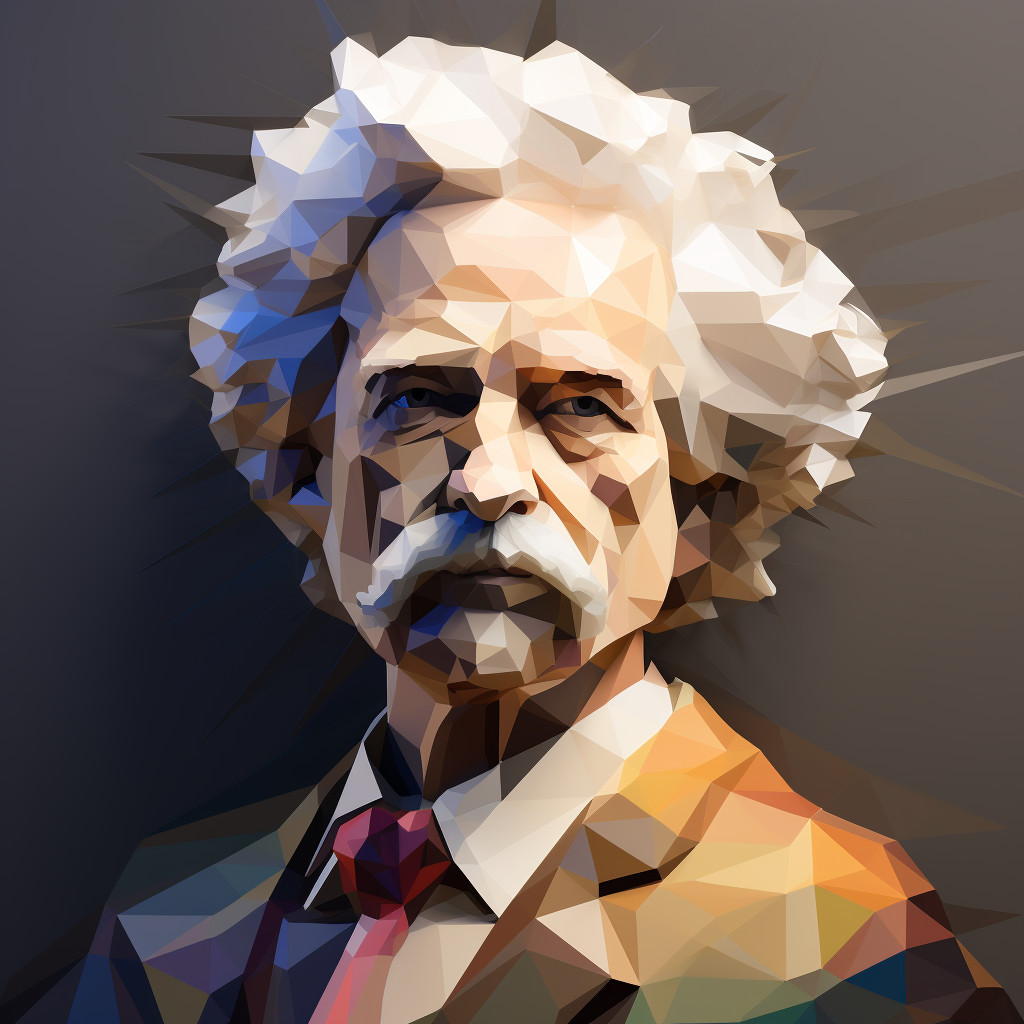This quote, “None of us can be as great as God, but any of us can be as good,” is a profound reflection on the human potential for goodness. It acknowledges the inherent limitation of human beings; we cannot match the greatness of God in terms of power, knowledge, or omnipresence. However, it emphasizes that we can aspire to be as good, in terms of morality, kindness, and love.
The greatness referred to here is the divine attribute, the omniscience and omnipotence that are beyond human reach. However, the goodness represents moral virtues, kindness, compassion, honesty, and love. These are qualities that do not require divine abilities but human will and effort. Therefore, while we cannot be great as God, we can strive to be as good.
This quote is a call for humility and moral striving. It discourages the pursuit of godlike power and instead encourages the pursuit of godlike goodness. It’s a reminder that while we may be limited in our capacities, we are limitless in our potential for goodness.
In today’s world, this idea is highly relevant. We live in a society that often values power, status, and wealth – aspects associated with greatness – over goodness. This quote reminds us that pursuing goodness is equally, if not more, important. It suggests that we should focus less on trying to be the best, and more on trying to do the best for others.
In terms of personal development, this quote can serve as a guiding principle. It encourages us to strive for moral excellence and to value goodness over greatness. It reminds us that while we may not have control over our talents or circumstances (our potential for greatness), we do have control over our actions and attitudes (our potential for goodness). Therefore, we can always choose to be kind, to be honest, to be compassionate, and to do good – to others and to ourselves.






